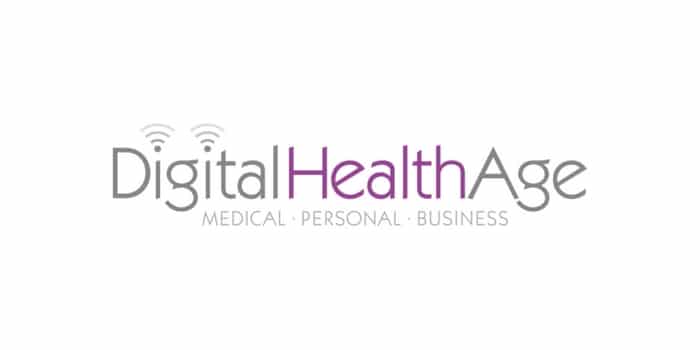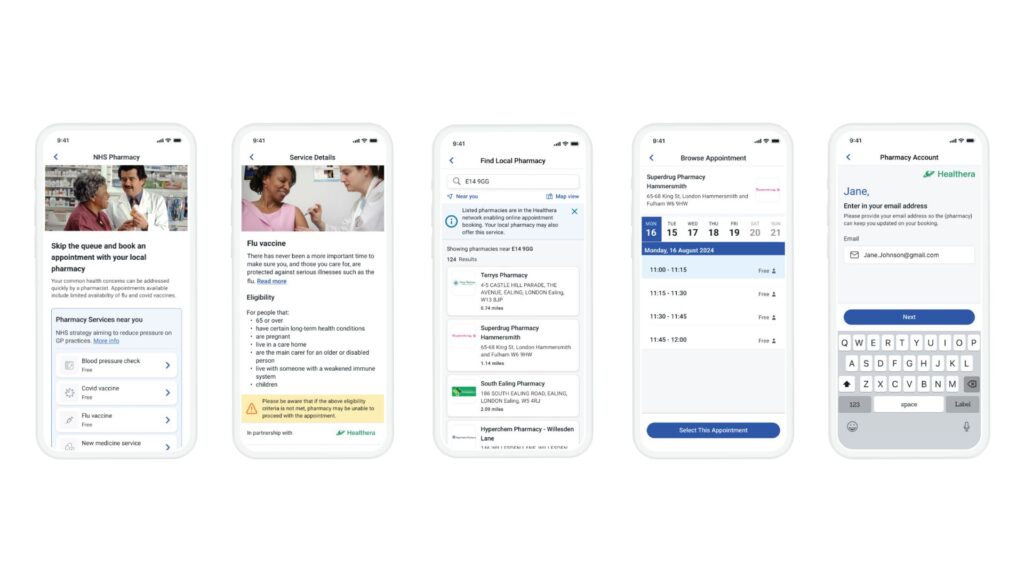London-based healthcare company iPlato has been awarded a contract to develop and trial a service designed to improve access to care for patients and manage demand for primary care service on the NHS.
The contract was awarded by the Small Business Research Initiative for Healthcare (SBRI Healthcare) and will see iPlato trialling Intelligent Care Navigation at a small number of practices from June to August.
Patients at a number of GP practices will be provided with personalised, localised and quality assured information which will help speed up access to care. The service will be available exclusively to patients who book their appointments through myGP. The trial service will capture why patients are booking appointments and if possible, will signpost them to suitable alternatives to face-to-face GP consultations. For safety precautions, the service will only be available to patients of participating GP practices which will approve any alternatives. Alternative services may include local pharmacies, alternate clinicians within the practice, locally commissioned services, digital health solutions and support services.
iPlato was awarded the contract based on its launch of the new smartphone app, myGP last year. iPlato’s platform has around 15 million NHS patients connected to over 1,650 GP practices across the UK.
The company hopes that its approach to patient care navigation will reduce the need and pressure on GP appointments and help patients gain better access to instant medical care and advice.
Tobias Alpsten, CEO, iPLATO comments: “We are all incredibly excited about the investment from SBRI, allowing us to introduce a smarter and seamless process to care navigation. Transforming access to primary care offers obvious advantages to patients and their carers, but it also benefits commissioners and tax payers by reducing pressure on the healthcare system. We believe an intuitive and robust approach to empowering the patient through quality information and alternative pathways can make a real difference in improving access to healthcare, ensuring patients are seen promptly by the most appropriate healthcare professional as well as supporting those living with long-term health conditions.”








